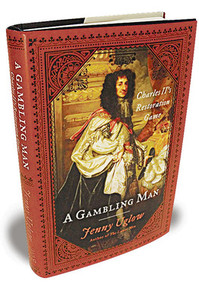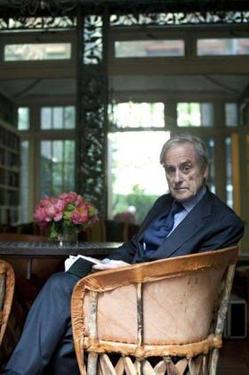(p. 234) . . . ; together, Watt and Arkwright wrote a manuscript entitled “Heads of a Bill to explain and amend the laws relative to Letters Patent and grants of privileges for new inventions,” essentially a reworking of Coke’s Statute of 1623 that had created England’s first patent law. In addition to its policy prescriptions, which were largely an unsuccessful argument against the requirement that patent applications be (p. 235) as specific as possible, the manuscript offered a remarkable insight into Watt’s perspective on the life of the inventor, who should, in Watt’s own (perhaps inadvertently revealing) words, “be considered an Infant, who cannot guard his own Rights”:
An engineer’s life without patent is not worthwhile . . . few men of ingenuity make fortunes without suffering to think seriously whether the article he manufactures might, or might not, be Improved. The man of ingenuity in order to succeed must seclude himself from Society, he must devote the whole powers of his mind to that one object, he must persevere in spite of the many fruitless experiments he makes, and he must apply money to the expenses of these experiments, which strict Prudence would dedicate to other purposes. By seclusion from the world he becomes ignorant of its manners, and unable to grapple with the more artful tradesman, who has applied the powers of his mind, not to the improvement of the commodity he deals in, but to the means of buying cheap and selling dear, or to the still less laudable purpose of oppressing such ingenious workmen as their ill fate may have thrown into his power.
Source:
Rosen, William. The Most Powerful Idea in the World: A Story of Steam, Industry, and Invention. New York: Random House, 2010.
(Note: the second ellipsis and the italics in original; the first ellipsis added.)







